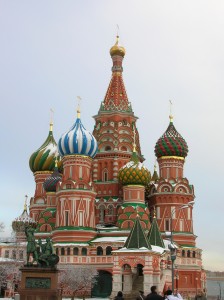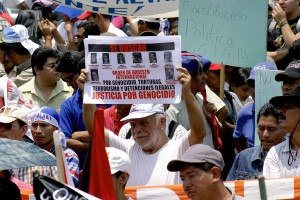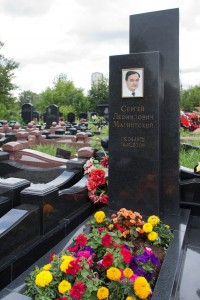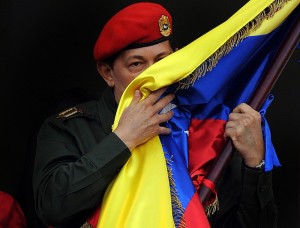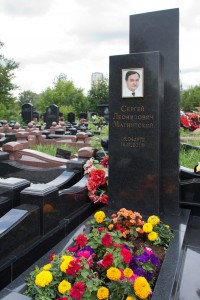 Here is my latest piece published on the IBA Global Insight newsfeed:
Here is my latest piece published on the IBA Global Insight newsfeed:
The Council of Europe’s Human Rights Commissioner Nils Muižnieks has condemned the posthumous trial of Sergei Magnitsky, just four months after a Russian court found the deceased lawyer and his former boss, Hermitage Capital founder Bill Browder, guilty of tax evasion in the country’s first modern-day posthumous trial.
In the report published last week, Muižnieks highlights a recent decision by the European Court of Human Rights, which states that posthumous trials violate Article 6 – the right to a fair trial – since the deceased is not able to testify at his trial.
He added that the trial’s proceedings are also contrary to a July 2011 ruling by Russia’s Constitutional Court, which stated that prosecutors cannot continue to prosecute people after their death. Instead, he adds the ruling said that ‘…posthumous trials are only allowed with a view to rehabilitating a person who was accused or convicted of a particular crime at the request of his family.’
The damning report comes just weeks after the Parliamentary Assembly of the Council of Europe’s (PACE) Legal Affairs and Human Rights Committee approved a report calling for the Russian authorities to put an end to the posthumous trial once and for all.
Published on 18-11-13. Read on here

